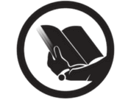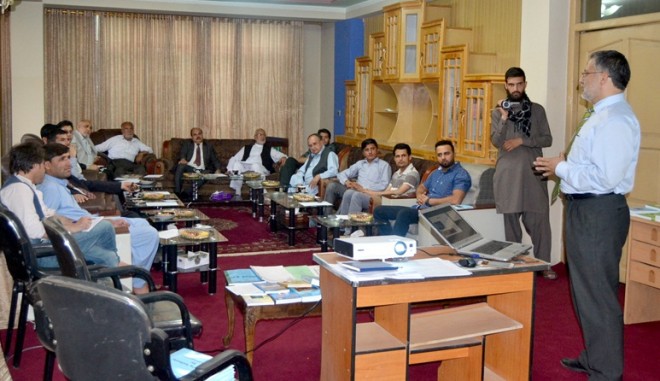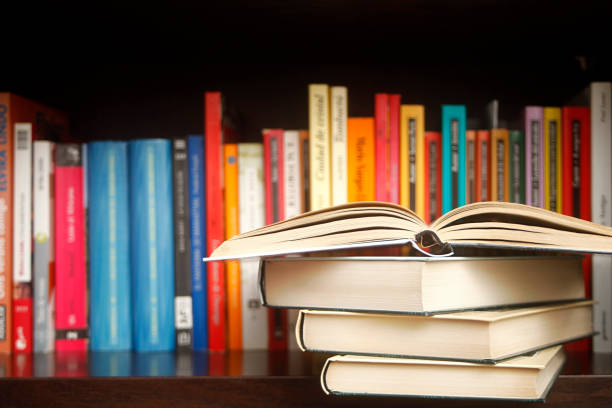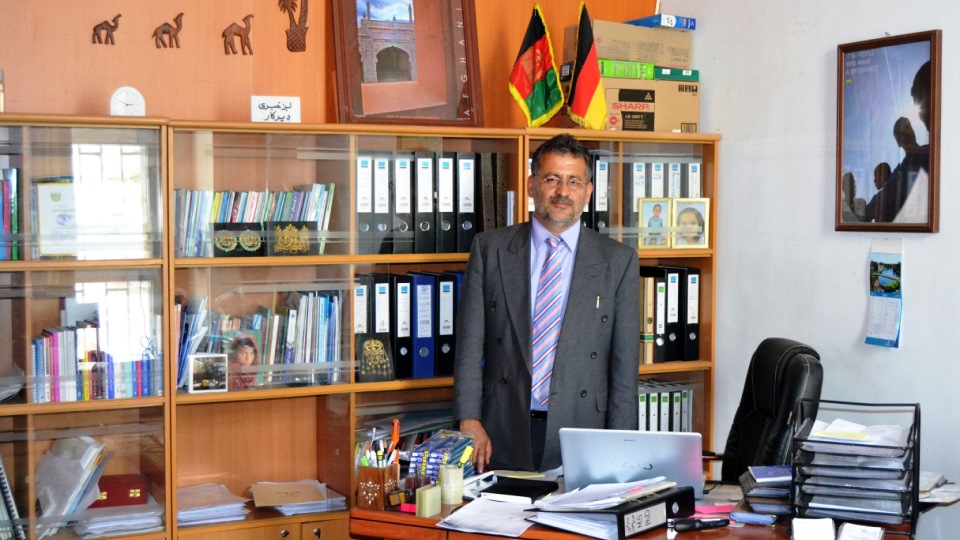(Pajhwok): An advisor to the Ministry of Higher Education (MoHE)plans to compile lecture notes in the form of a book. He has already published and distributed free of cost 200 such books to deserving students.
Dr. Yahya Wardak, in an exclusive chat with Pajhwok Afghan News, recalled a 2009 visit to the Nangarhar University, where saw some students using chapter notes — an anachronistic method of studies in the 21st century.
Subsequently, he decided to compile the chapters in the shape of a book with the help of educational organisations and NGOs. “I embarked on the project in 2010 when I started contacting university teachers. I collected a number of books and published them with the help of some German NGOs.”
In the process, he had to get permission from writers, editors, the facultiesand teachers concerned. Most of the booksare meant for medical, engineering and science students. They are in Pashto and Dari languages and a small number in English.
With the help of German Academic Exchange Service (DAAD), Kinderhilfe-Afghanistan (and financial assistance from) Deutsch-Afghanische Universitats-Gesellschaft (DAUG), the publication of 200 books was made possible.
Additionally, soft versions of the books are also available in the form of CDs accessible for every student. The soft version could be downloaded from the website www.ecampus-afghanistan.org with the help of the special code ISBN. As many as 140 books on DVD could be read on computer. (at cheap rates).
Wardak has prioritized providing information on medical, engineering and science-related subjects because little information regarding these disciplines is available in local languages. He has lined up hundreds of books for printing, but lack of financial resources is a big hurdle in his way.
Over the past three years, the German Foreign Ministry or DAAD has not provided him funds to print the book. He urged President Mohammad Ashraf Ghani to ask German and other organisations to resume funding the programme for the publication of books.
He suggested the chapter and lecture note system should end in universities and every teacher should compile a book that should be translated into multiple languages. Thus the university will have thousands of books every year in local languages.
He asked the university administration to accord priority to implementing a national teaching programme and encourage teachers into penning, translating and compiling books related to their subjects.
In 2016, he plans publishing 50 medical books, whose soft versions would also be distributed to students. Wardak also will try to print100 more non-medical books. He will also bring out books on humanitarian and religious issues if he finds financial support.
He called for donors, particularly the World Bank, USAID and Germany, to support the national programme of textbooks and provide the printing cost. The Ministry of Higher Education, welcoming Wardak’s initiative, has yet to offer him any financial support.
“The ministry is spending a lot on organising workshops and purchasing furniture, but doesn’t offers cash support for printing books, something we badly need. It should help teachers publish books,” he remarked.
Kabul Polytechnic University teacher Mohammad Ghaus Hakimi, whose book has been printed under the relevant programme, hailed the book-printing process as beneficial. He said it was a huge investment in students and academic environment.
“Some of the books published by Dr. Yahya are new and rare and even university teachers can’t evaluate them. These books are particularly good for universities in the countryside. These books are a big investment in a country where there are few libraries or laboratories and little research,” he observed.




